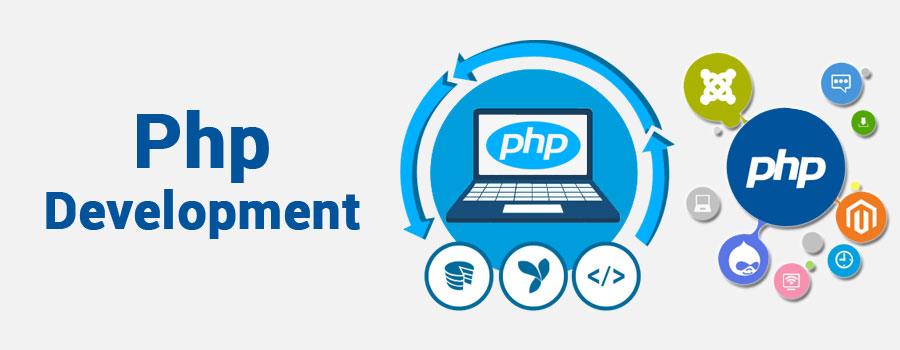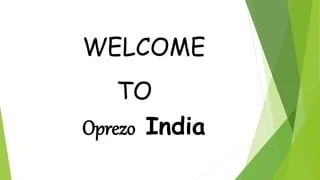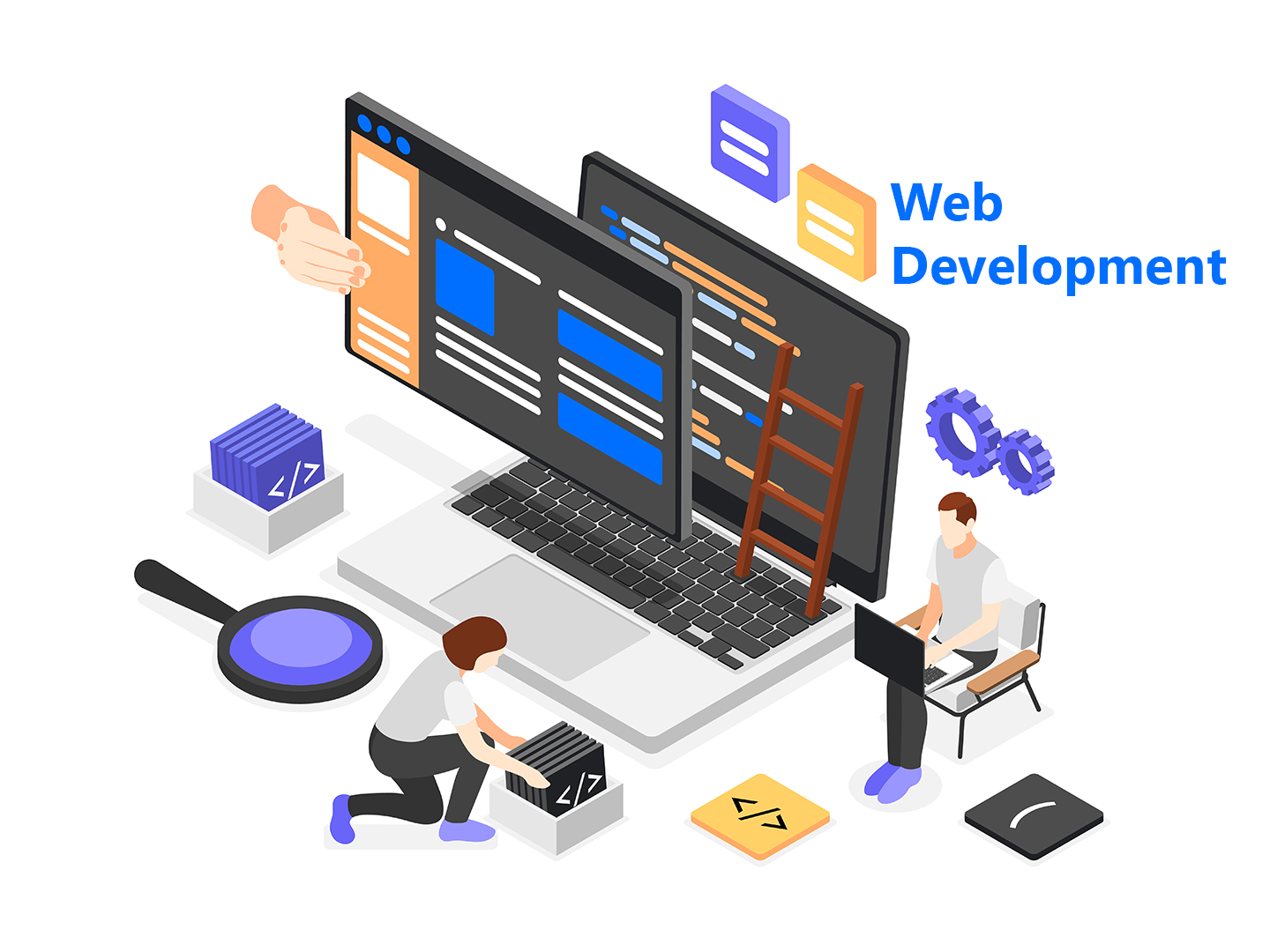
Introduction
PHP, known as Hypertext Preprocessor, is a widely-used open-source server-side scripting language designed primarily for web development. PHP is simple for beginners and versatile enough for professionals, making it a great starting point for anyone looking to dive into web development. Oprezo India has compiled essential PHP resources for beginners to guide you on your learning journey.
PHP is a dynamic scripting language that runs on the server and helps create interactive, data-driven websites. Originally designed in 1994, PHP has evolved significantly and is now embedded in millions of websites and platforms, including WordPress, Joomla, and Drupal.
PHP Official Documentation: The official PHP documentation is the most comprehensive guide to learning the language. It covers everything from basic syntax to advanced features and best practices for secure and efficient PHP coding.
W3Schools PHP Tutorial: W3Schools offers a simple, step-by-step guide to PHP, perfect for beginners. It includes examples, exercises, and easy-to-follow explanations.
Understanding PHP's role in server-side scripting and web development will give you the foundation to start building dynamic web applications.
Before you can start coding in PHP, you need to set up a local environment on your computer where PHP scripts can be executed. This setup is essential for testing and running your web applications.
XAMPP/WAMP/MAMP: These are popular local development environments that bundle Apache, MySQL, and PHP (LAMP stack). XAMPP and WAMP are for Windows users, while MAMP is designed for Mac. These tools allow you to easily run PHP on your local machine.
PHP Installation on Local Machine: PHP can be installed directly on your system if you prefer to customize your environment. PHP's official site provides detailed instructions on how to install it based on your operating system.
Having a stable development environment ensures smooth learning and debugging as you start writing PHP code.
The key to mastering PHP starts with learning the fundamental syntax and concepts. Here are some of the core topics every beginner should focus on:
PHP Syntax and Variables: Start by learning the syntax for declaring variables, strings, arrays, and constants in PHP. A solid understanding of these basics will help you build logic in your web applications.
Control Structures: Learn how to use loops (for, while), conditional statements (if, else), and functions in PHP to control the flow of your application.
Form Handling with PHP: One of the most common uses of PHP is to handle data from HTML forms. You’ll learn how to retrieve, validate, and manipulate form data using $_GET and $_POST methods in PHP.
By mastering these basic concepts, you will build a strong foundation that will support more advanced learning down the line.
One of PHP's most significant strengths is its ability to interact with databases, allowing you to build data-driven web applications. MySQL is one of the most common databases used with PHP.
PHP and MySQL Integration: Learn how to connect PHP with MySQL using mysqli or PDO (PHP Data Objects). You’ll explore how to execute SQL queries, retrieve data from databases, and display it dynamically on your web pages.
CRUD Operations in PHP: Start with simple CRUD (Create, Read, Update, Delete) operations using PHP and MySQL. This will teach you how to build dynamic websites where users can input and interact with stored data.
PHPMyAdmin: Most beginners use PHPMyAdmin, a web interface for managing MySQL databases. Learning how to use PHPMyAdmin simplifies the process of creating databases and managing data.
Understanding how PHP interacts with databases will open up many possibilities for dynamic web development, including building blogs, e-commerce platforms, and content management systems.
Once you have the basics down, it’s time to start applying your knowledge by building simple PHP web applications. This will help reinforce your learning and give you hands-on experience.
Simple Contact Form: A great beginner project is to create a contact form that takes input from users and stores it in a database or sends it via email. This project covers form handling, validation, and basic security practices.
PHP Login System: Building a basic login system will teach you about session management in PHP, user authentication, and how to protect data using encryption techniques.
PHP Blog Application: A more advanced project is to create a simple blogging platform. It involves creating a system where users can write, edit, and delete posts that are stored in a database, along with user login functionality.
Completing these beginner projects will give you a sense of accomplishment and prepare you for more complex PHP applications.
As with any programming language, debugging and testing are crucial to ensuring your PHP code runs smoothly. Here are some tools and techniques for debugging your PHP applications:
Error Reporting in PHP: PHP has built-in error reporting functions that you can enable in your development environment to track down issues in your code. This includes error_reporting() and ini_set() to display or log errors.
PHP Debugging Tools: Tools like Xdebug offer advanced debugging capabilities, allowing you to trace code execution, monitor variables, and catch errors more efficiently.
Learning how to debug your PHP code effectively will help you solve problems faster and improve the quality of your applications.
Security is critical when developing web applications. Here are some essential PHP security practices to follow:
Sanitize User Inputs: Always sanitize and validate user inputs before using them in your application to prevent attacks like SQL injection and Cross-Site Scripting (XSS).
Prepared Statements in MySQL: When working with databases, use prepared statements to avoid SQL injection attacks, which are one of the most common security vulnerabilities in web applications.
Session Management: Implement secure session management to protect user data, especially for login systems and e-commerce platforms.
Following best security practices ensures that your PHP applications remain secure and protected from common web threats.
To further enhance your PHP skills, here are a few additional resources:
PHP.net Official Site: This site is the go-to resource for official PHP documentation, news, and tutorials.
PHP: The Right Way: A community-driven resource that offers best practices, coding standards, and everything a beginner needs to know about writing modern, secure PHP code.
StackOverflow: The PHP community on StackOverflow is vibrant, and it’s a great place to ask questions, troubleshoot issues, and learn from experienced developers.
Laravel Framework: Once you’ve mastered PHP basics, you might want to explore Laravel, a popular PHP framework that simplifies the development of complex applications with clean syntax and built-in tools for routing, authentication, and more.
These resources will keep you on the right path as you grow your PHP knowledge and continue building professional-grade web applications.
PHP is a powerful, versatile language that forms the backbone of many websites and web applications today. As a beginner, mastering PHP with the help of the resources provided by Oprezo India will open up a world of opportunities in web development. By learning the basics, building projects, and practicing security best practices, you'll be well on your way to becoming a skilled PHP developer.
 Best Mobile App Development Company in Delhi NCR | Oprezo India
Best Mobile App Development Company in Delhi NCR | Oprezo India
 Top Web Development Services in Delhi/NCR | Oprezo India – React JS, Angular JS, eCommerce & More
Top Web Development Services in Delhi/NCR | Oprezo India – React JS, Angular JS, eCommerce & More
 Top Mobile App Development Company in Delhi / NCR | Oprezo India
Top Mobile App Development Company in Delhi / NCR | Oprezo India
 Mobile App Development in Delhi - Android, iOS, Hybrid & Flutter | Oprezo India
Mobile App Development in Delhi - Android, iOS, Hybrid & Flutter | Oprezo India
 Why Oprezo India is the Best Web Development Partner in Delhi NCR?
Why Oprezo India is the Best Web Development Partner in Delhi NCR?